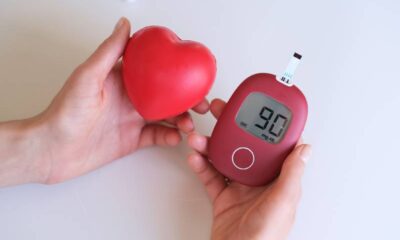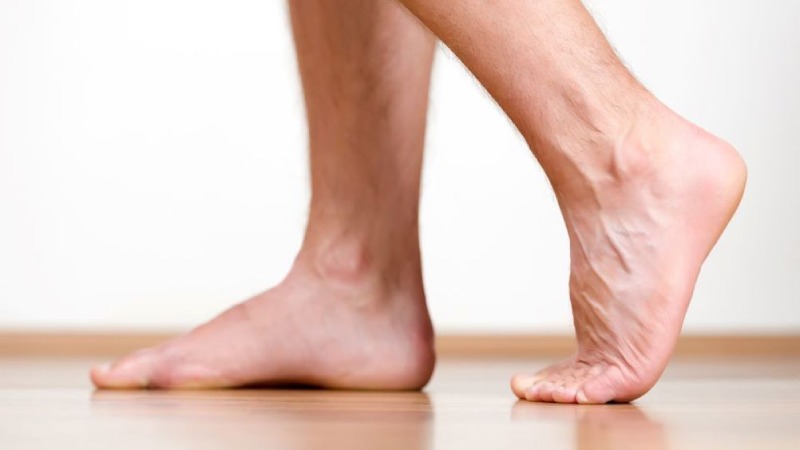An AI-powered gadget developed by a UK business may identify heart failure symptoms right from a person’s feet.
The technology developed by Cambridge-based Heartfelt Technologies says to be able to track heart patients who have been released from the hospital by looking for swelling in their bare feet, which may be a sign that they are having a heart attack.
Peripheral oedema, often known as foot swelling, can indicate heart failure up to two weeks prior to the condition’s onset, yet patients frequently fail to recognize it.
An artificial intelligence-powered device by Heartfelt Technologies can be installed in a person’s home to continuously detect their feet as they walk by.
The business claims that it might avoid up to 75% of all hospital readmissions, thus the idea is to implant it in the homes of patients who have had heart problems but have been discharged.
“[The system] sits in the home, passively monitoring the volume of patients’ feet as they walk past the camera,” said Dr Oriane Chausiaux, chief scientific officer at Heartfelt Technologies.
“This is designed to avoid patients having to do anything, wear anything or remember anything. We believe that this is the only viable approach for monitoring casually compliant patients.”
Heart failure patients can be treated with specialized medications; however, after being released from the hospital, they require continuous observation to make sure the right medications are administered.
The shoebox-sized device monitors patients automatically as they pass by using a 3D camera and an optical sensor. Heartfelt Technologies modified its technology to the same utilized in the Microsoft Kinect for its Xbox One cameras, replacing the device’s original Raspberry Pi computer.
The gadget, which is already in use in “numerous locations” worldwide, has regulatory approval under the Medical Device Regulation (MDR) in Europe, the business reports.
“As our device doesn’t require any input from the patients, data can be collected consistently and more accurately than the current routine of patients weighing themselves,” the firm said.
“For the doctors, this consistent stream of good quality data means patients should be able to live longer, healthier lives, and avoid hospital readmissions.”

 Diabetology2 weeks ago
Diabetology2 weeks ago
 Diabetology2 weeks ago
Diabetology2 weeks ago
 Diabetology1 week ago
Diabetology1 week ago
 Diabetology3 days ago
Diabetology3 days ago











